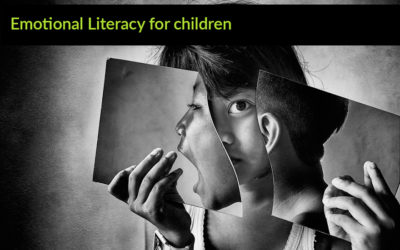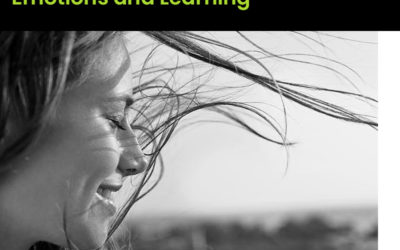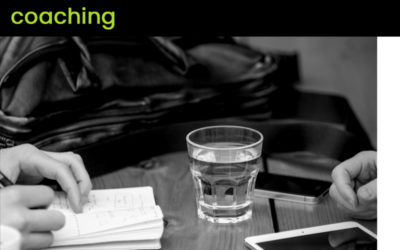We all know that emotions are not always easy to pin down. Somehow they seem a little slippery and, darn them, always changing. It is a big enough challenge sometimes just to name the emotion we are feeling precise. To make things even more interesting we not only have emotions but we have emotions about those emotions.
We may feel embarrassed of our passion or irritated with our anger, we may like that we are in love or hate that we are sad. While there are may be more than 200 emotions proper, having emotions about those means that there are thousands of possible combinations. You could say that this makes the emotional territory complex or you might say it makes it rich. Your choice would depend on the emotion it provokes in you. For me, it is fascinating and reminds me of nesting dolls…one inside another, inside another.
The fact that Emotional Education In Schools works this way could simply be seen as mildly amusing, but it is an essential concept to understand when coaching in the area of emotions. If a coachee is ashamed of their anger they will do what we do whenever we are ashamed of something, he or she will hide the fact that they are angry or avoid talking about it. It takes some keen observation of the things their body is communicating – slight hesitations, looking down and away, exhaling deeply – to understand that they are feeling shame and that the shame is about their anger. We may not be sure at first what they are hiding, but it can make us curious and give us a path to follow.
This phenomenon doesn’t just happen with challenging emotions such as fear, shame, and anger but also with those emotions we consider ‘positive.’ We can love that we are enamored and that has the possibility of leading us astray. We can be proud of our generosity to the point we impoverish ourselves. So, problems can emerge from any emotion and getting to the core emotion needs to be the goal of our coaching.
As you sit and reflect on this idea begin to notice your experience. Recall an emotion that was triggered yesterday and think about whether you allowed yourself to be with the emotion or did another emotion kick in and take you away from the first? When we cannot experience the emotion that is triggered by an event, we cannot reflect on it, learn from it or resolve it. Peeling this back allows us to see the emotions we are comfortable with and those we tend to avoid. So, enjoy your curiosity and celebrate your insights. You are building awareness and emotional literacy simultaneously.
Whatever your knowledge or relationship with emotions they can be deepened. Join one of my masterclasses, E-Learning Courses or online conversations to share what you know and learn from others with an interest in this area. In gratitude, Dan.




0 Comments